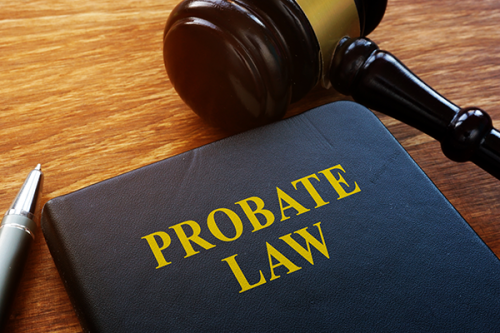Dealing with the loss of a loved one is never easy, and the legal responsibilities that follow can often feel overwhelming. This is where a probate attorney becomes invaluable. A probate attorney is a legal professional who specializes in guiding families through the probate process, ensuring that the deceased person’s estate is properly managed, debts are settled, and assets are distributed according to the will or state law. Whether you are an executor or a beneficiary, having a probate attorney by your side can make this complex process far less stressful.

A probate attorney plays a critical role in interpreting and validating a will. When someone passes away, their estate must go through probate—a legal procedure to authenticate the will, assess the value of the assets, and manage any outstanding debts or taxes. A probate attorney helps ensure that all legal documents are properly filed with the court, deadlines are met, and disputes are handled professionally. This legal guidance is especially important in cases where the will is unclear, contested, or nonexistent, as a probate attorney can provide expert advice to prevent unnecessary legal conflicts.
In many cases, a probate attorney assists the executor of the estate in fulfilling their duties. The executor is responsible for identifying all assets, paying any remaining bills, filing taxes, and distributing property to heirs. Without proper legal guidance, an executor may unintentionally make errors that could delay the probate process or lead to personal liability. A probate attorney ensures that every step is handled according to the law, providing peace of mind and preventing costly mistakes. Executors often rely on their probate attorney not only for legal advice but also for emotional support during a difficult time.
A probate attorney also helps resolve disputes among heirs or beneficiaries. It is not uncommon for family members to disagree over the distribution of assets, especially if they feel that the will is unfair or invalid. In such cases, a probate attorney acts as a neutral party who can mediate discussions, explain legal rights, and, if necessary, represent their client in court. The involvement of a probate attorney can prevent family relationships from deteriorating further and ensure that all parties are treated fairly throughout the legal process.
The services of a probate attorney are not limited to court proceedings. They also assist with financial and administrative tasks, such as appraising the estate, handling outstanding debts, and ensuring that taxes are properly filed and paid. A probate attorney understands how to navigate complex tax laws and can often help minimize the tax burden on the estate. This expertise can save beneficiaries time and money, as mistakes in tax filings or asset distribution can result in financial penalties or prolonged legal complications.
Another important aspect of hiring a probate attorney is ensuring compliance with state-specific probate laws. Each state has its own rules regarding probate procedures, filing deadlines, and asset distribution. A probate attorney is familiar with these local regulations and ensures that every legal requirement is met. This is especially beneficial when dealing with estates that include property or business interests in multiple states, as a probate attorney can coordinate the process across jurisdictions and avoid potential legal conflicts.
In addition to managing estates after death, a probate attorney can also assist with estate planning. By consulting a probate attorney in advance, individuals can create a clear and legally sound will, establish trusts, and make other arrangements that simplify the probate process for their loved ones. This proactive approach not only reduces future disputes but also helps preserve family wealth and ensures that one’s final wishes are carried out exactly as intended. Working with a probate attorney during estate planning can ultimately make the probate process much smoother and less time-consuming for the family.
The cost of hiring a probate attorney can vary depending on the complexity of the estate and the services required. Some probate attorneys charge a flat fee, while others may bill hourly or take a percentage of the estate’s value. Although hiring a probate attorney represents an additional expense, their expertise often results in significant savings in time, stress, and potential legal costs. Executors and beneficiaries who attempt to handle probate without professional help may face legal pitfalls that can be far more costly in the long run. Thus, retaining a probate attorney is a wise investment for anyone involved in estate administration.
In conclusion, a probate attorney provides essential legal support during one of life’s most challenging times. They help families navigate the intricate probate process, ensure legal compliance, manage financial and administrative details, and resolve disputes with professionalism and compassion. Whether you are planning your estate or managing a loved one’s assets after their passing, a probate attorney can offer the guidance and expertise needed to make the process efficient and fair. By entrusting these complex legal matters to a skilled probate attorney, you can focus on honoring your loved one’s memory and moving forward with peace of mind.